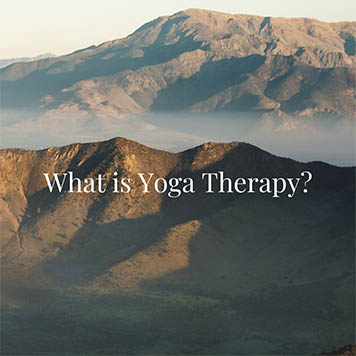Have you ever thought about how you think?
About the tone and content of your inner dialogue? About the source of your “shoulds” and expectations?
When I was in my 20’s, I really hadn’t. I had a job nannying two wonderful little girls in a family where kids were viewed as complete and complex human beings… just young ones. Their concerns and needs were as real and as important as any adult’s. This felt really different from the way I operated up to this point, and I wanted to bring more of this into my life.
I began listening closely to the Mama: her energy and intention was behind so much of what made the house special. One day we were talking about her work as a lawyer. She said law school taught her how to think. This conversation made a big impression on me. There was a way that her training had something to do with her ability to live consciously, make decisions, and be able to understand what was most important for her family.
It wasn’t until many years later that I would have an experience of training in how to think.
It came when I began studying Yoga in the Viniyoga tradition. It took some time before I realized what I was learning. It went beyond technique or even ideas, and gave me a way to understand my patterns of thinking.
This was a gradual process, nurtured by my mentor and the community of people doing this work alongside me.
I started to see that some of the ways I would get stuck had to do with things that I had picked up from my family of origin, or reactions to painful situations that just kept repeating themselves, or ways that movies and culture shaped my mindset. There were all of these things that were operating in me that clouded clear perception, and I realized that I had only just begun to perceive these patterns and learn to think in another way. This new training somehow reached into that level of thinking and gave me a new framework to operate in.
Slowly, my way of thinking shifted to something that helps me to live consciously, make decisions based on my values, through a lens that feels clear and honest. The three year period of Yoga therapist training was not just dedicated to learning how to be a yoga therapist.
It was training in how to think and how to live yoga.
It’s within Yoga Well Institute’s Therapist Training Program that personal transformation is truly nurtured, and the skills to cultivate these changes in others are built. The students who go through Yoga Well’s program haven’t memorized a set of definitions or illnesses. They each go through their own process, and have their own set of experiences that they know intimately and are able to go into the world and share.
My training and my work as a Yoga Therapist has been so meaningful, not only because of what I see happen in the lives of my students, but because of the impact it has had on how I think and live my life. The way that I think is grounded in the teachings and experience of Yoga, and my life, and the lives of those around me, is so much better for it.
Looking for more?
The Yoga Well Podcast offers fresh perspectives on what Yoga is, how it transforms the body and mind, and liberates your life! Within the Yoga Well Podcast we will share teachings from the Viniyoga lineage of Mr. TKV Desikachar, while exploring Yoga as a way of being that is practiced both on the mat and in our everyday life.
When we understand Yoga as a lived experience, its practices and principles become available to anyone who is interested and invested in this life-long journey of self-inquiry and personal transformation. In this podcast your host Chase Bossart and other leaders in the Viniyoga lineage facilitate intimate discussions with a range of fascinating topics and perspectives exploring how Yoga turns the ordinary into the extraordinary.

Amanda Green
C-IAYT
Amanda Green is a graduate of the YATNA yoga therapy program (2017) and an IAYT-certified yoga therapist. Amanda is faculty at Yoga Well Institute where she teaches and mentors future yoga therapists, and she offers individual yoga therapy through her practice in Austin, TX and online.




